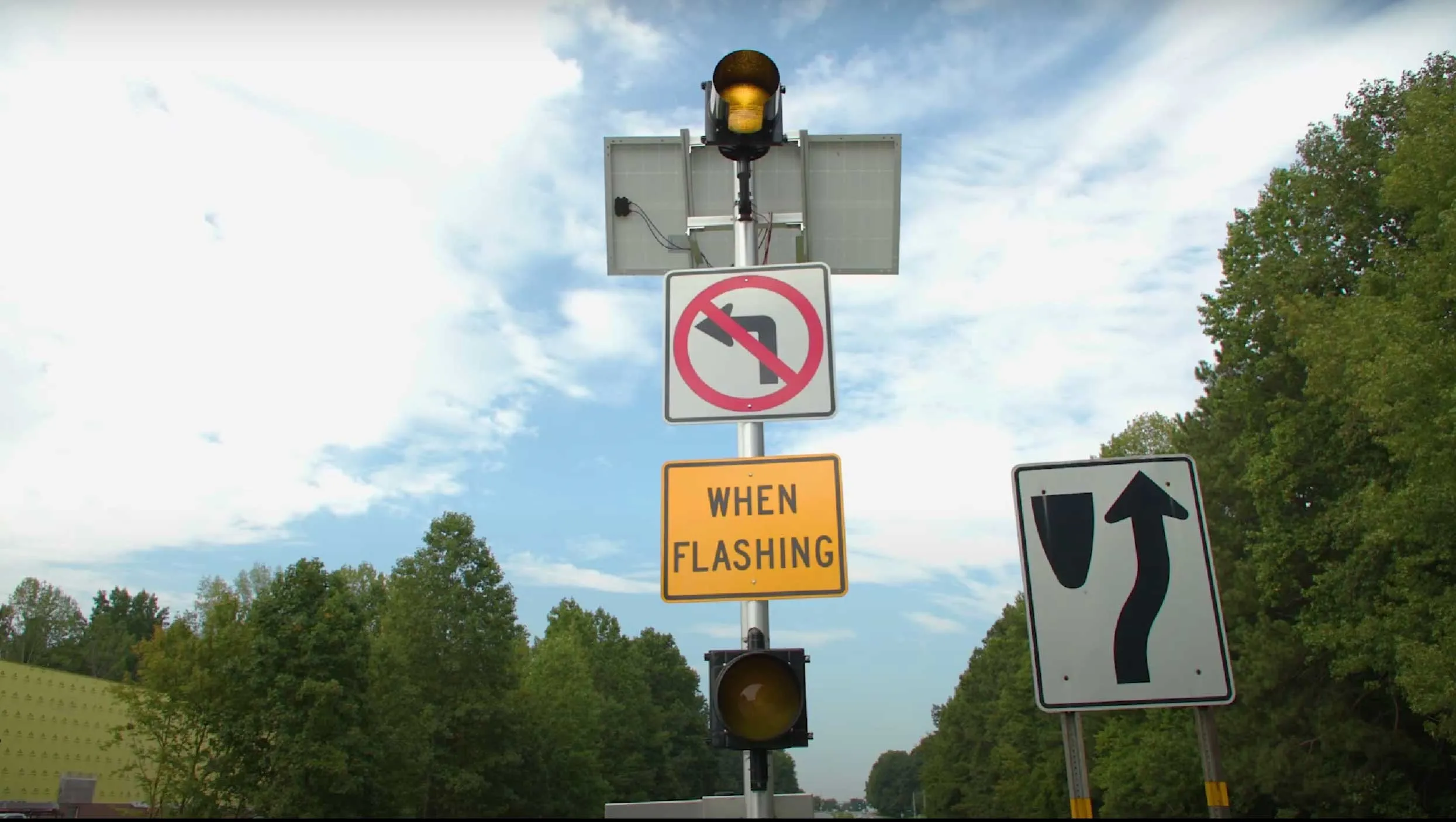Experts at Thatcham Research - the UK motor insurers’ automotive research facility, believe that multiple vehicle accidents could be mitigated or avoided altogether with the widespread use of new automatic braking technologies.
Thatcham has been researching and testing autonomous emergency braking (AEB) systems on behalf of insurers for the last three years and has already undertaken an in-depth study of crashes and their causation factors.
September 25, 2013
Read time: 2 mins
Experts at Thatcham Research - the UK motor insurers’ automotive research facility, believe that multiple vehicle accidents could be mitigated or avoided altogether with the widespread use of new automatic braking technologies.
Thatcham has been researching and testing autonomous emergency braking (AEB) systems on behalf of insurers for the last three years and has already undertaken an in-depth study of crashes and their causation factors.
A number of major vehicle manufacturers are already providing AEB technologies on their vehicles and such is their effectiveness, as shown in the Thatcham test, that international safety body6437 Euro NCAP will incorporate the test as part of their overall vehicle safety standard in 2014, whilst UK insurers are already offering favourable insurance groupings on vehicles fitted with AEB as standard.
“The evidence from our testing is undeniable and combined with a growing body of real world research and evidence we firmly believe that AEB and other ADAS (Advanced Driver Assist Systems) have a critical role to play in avoiding both common low-speed shunts that can cause injuries such as whiplash, and mitigating some of the horrendous injuries and fatalities that we see as result of higher speed pile-ups,” says Peter Shaw, chief executive of Thatcham Research.
“Currently, some 20 per cent of new cars in the UK have an AEB system available and if that rate of development continues we would hope that, by 2030, multiple-vehicle collisions could be history.”
Thatcham has been researching and testing autonomous emergency braking (AEB) systems on behalf of insurers for the last three years and has already undertaken an in-depth study of crashes and their causation factors.
A number of major vehicle manufacturers are already providing AEB technologies on their vehicles and such is their effectiveness, as shown in the Thatcham test, that international safety body
“The evidence from our testing is undeniable and combined with a growing body of real world research and evidence we firmly believe that AEB and other ADAS (Advanced Driver Assist Systems) have a critical role to play in avoiding both common low-speed shunts that can cause injuries such as whiplash, and mitigating some of the horrendous injuries and fatalities that we see as result of higher speed pile-ups,” says Peter Shaw, chief executive of Thatcham Research.
“Currently, some 20 per cent of new cars in the UK have an AEB system available and if that rate of development continues we would hope that, by 2030, multiple-vehicle collisions could be history.”







